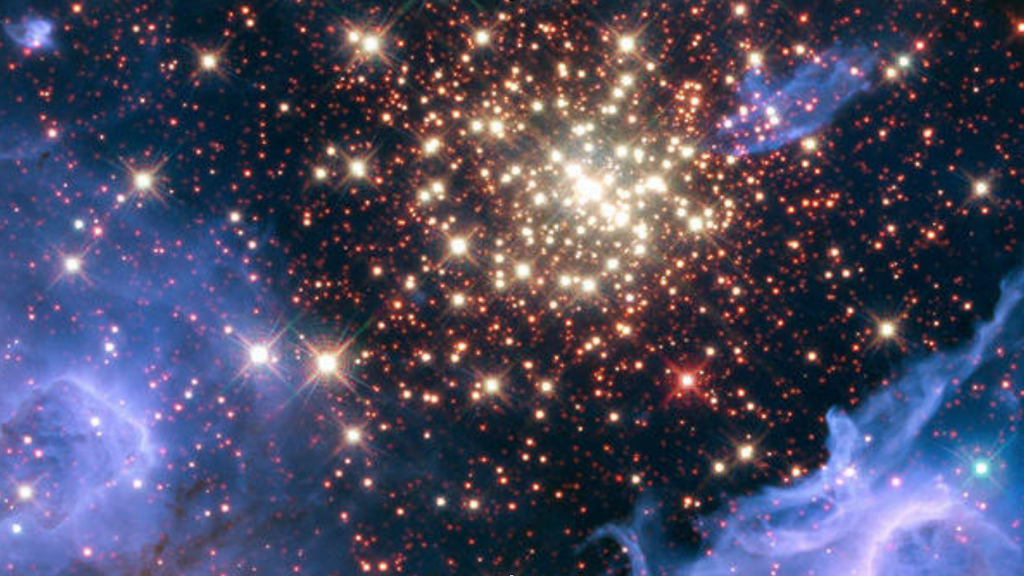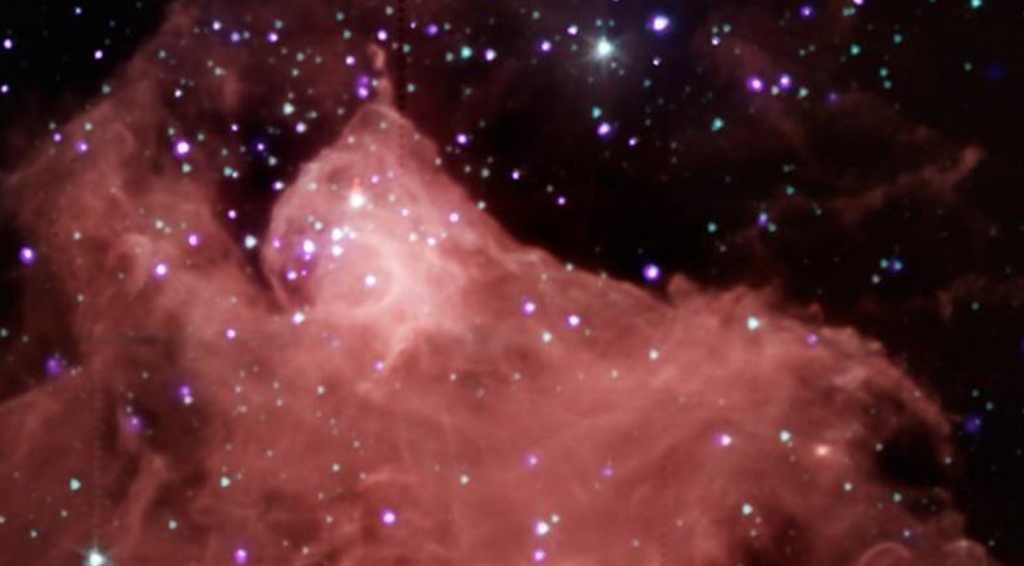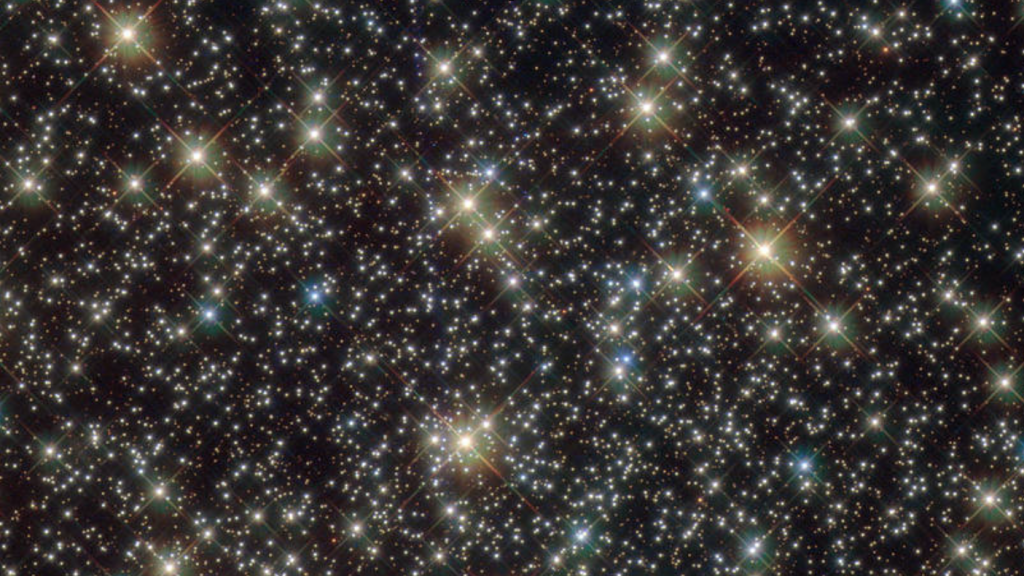Michael Nugent with the eighteenth in a series of pieces on whether gods exist.
I have already argued that morality has evolved in the brains of social animals, including humans, because both cooperation and competition help us to survive.
 |
| Photo: star cluster NGC 3603 from NASA & ESA/Hubble |
I’ve made a distinction between good and bad, which relate to outcomes, and right and wrong, which relate to intentions.
An outcome is objectively bad for a sentient being if it harms that sentient being by causing it to needlessly suffer. An action is objectively wrong if the agent of the action unjustly harms a sentient being.
But given the influence of subjectivity, and the amount of factors interacting with each other, how can we know what is good and bad or right and wrong?
I subscribe to a variation of John Rawls’ social contract theory of morality. Essentially, that is:
How would a perfectly rational set of people design principles of justice for a society, if we don’t know in advance what position we would hold in that society?
That is, we don’t know if we will be rich or poor, male or female, healthy or sick. This veil of ignorance forces us to be impartial, and to develop universally just principles.
My personal addition to the theory is that we also should not know what species we would be. I believe one of the greatest injustices in our world is how we treat nonhuman animals.
Every year we kill over 50 billion farmed animals, and up to a trillion fish. These sentient beings suffer unjustly for our convenience, and our slaughter of them is an ongoing moral atrocity.
This variation on John Rawls’ social contract theory won’t tell us exactly what is right and wrong in any given circumstance. But it does provide a way by which we can, in principle, examine what is most likely to be right and wrong.













